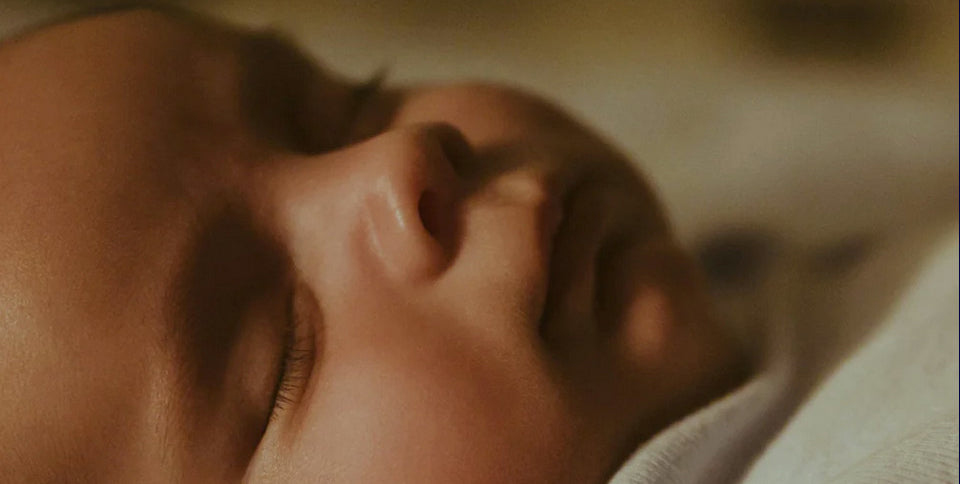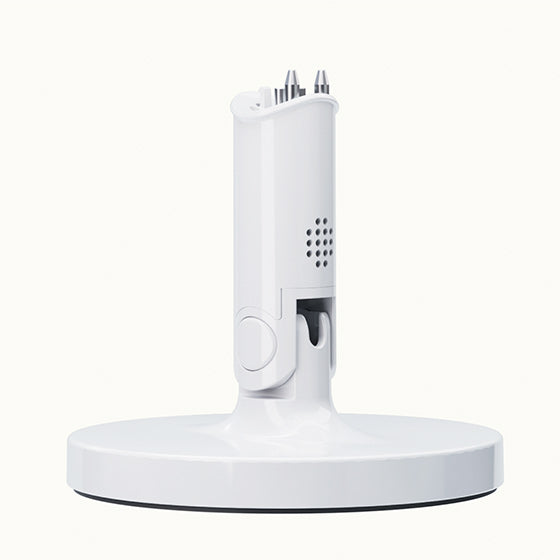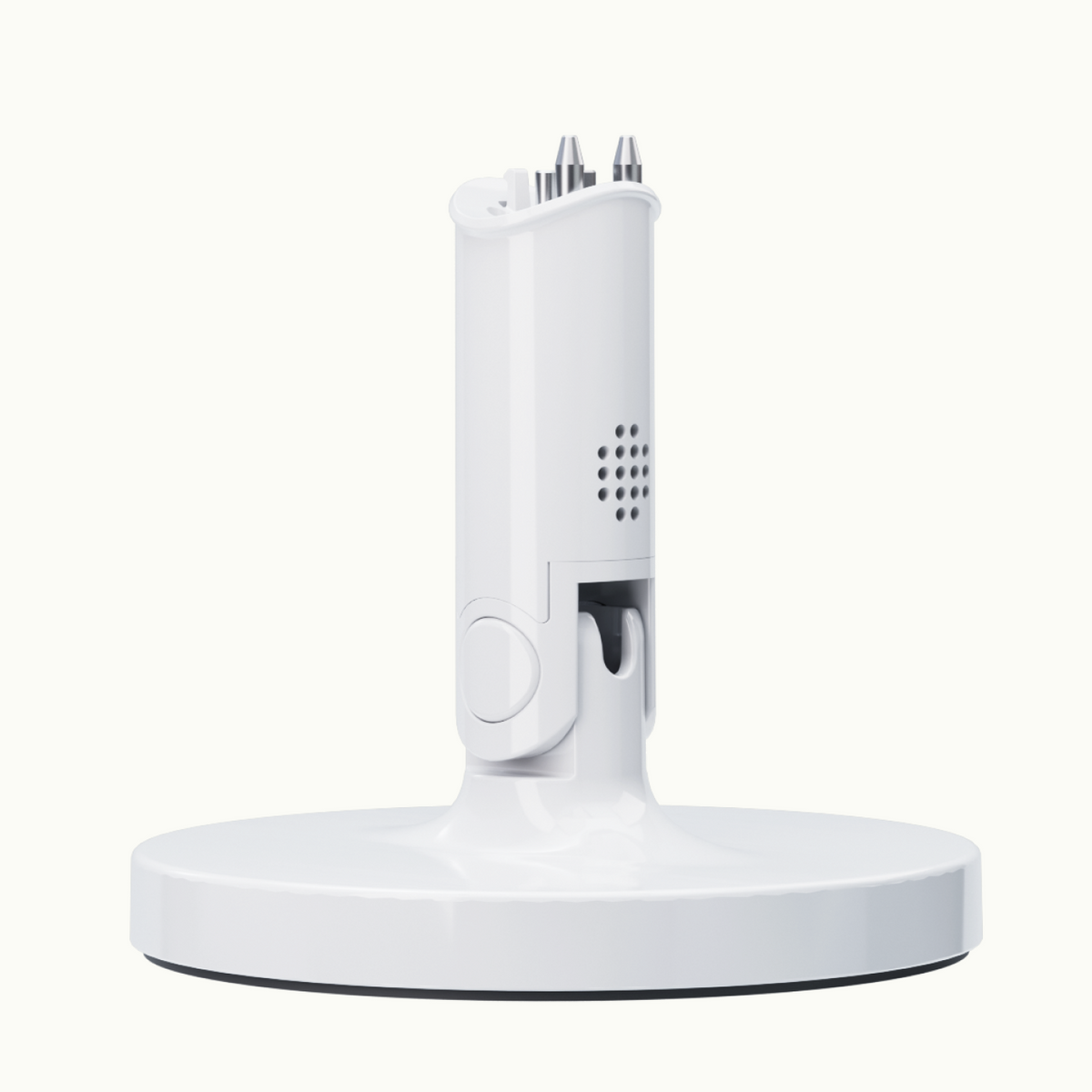Shambhavi Thakur, Maristella Lucchini, Natalie Barnett.
Presented at 8th Annual Sleep & Research Symposium at Yale 2023
Background
Perinatal mental health research and clinical practice have focused primarily on maternal mental health, with fathers often being overlooked or excluded from these efforts. Research has shown that fathers can also experience perinatal depression, with prevalence rates ranging from 4% to 25%.1 The most observed risk factors for perinatal mood and anxiety disorders (PMADs) are having a previous history of depression, experiencing past episodes of PMADs, and having a family history of psychiatric disorders.2
Aim
The purpose of this study is to investigate differences between mothers and fathers in the experience of PMAD symptoms and differences in their awareness of PMAD symptoms.
Methods
Parents of 505 US infants aged 0 to 12 months (5.93 ± 3.33 months) were recruited (16.83% fathers, 83.16% mothers) and were asked a series of questions about history with anxiety and depression before becoming a parent and symptoms noticed postpartum. Logistic regression analyses were performed to explore the association between history about anxiety and depression and symptoms noticed postpartum.
Results
After becoming a parent, 45.23% of mothers and 21.17% of fathers reported experiencing symptoms of depression or anxiety. Mothers had 3.4 times higher odds of noticing symptoms of a PMAD after becoming a parent than fathers (p<0.001). A significant proportion (64.71%) of fathers reported that they had no knowledge that the symptoms they experienced were associated with PMADs. Of all the parents who noticed symptoms of anxiety and depression, sleep problems were reported as the most common symptom, with 72% of fathers and 59% of mothers identifying sleep problems as their most common symptom.
Conclusion
This study highlights a gap in awareness and education about PMADs among fathers, which could limit their ability to recognize and seek treatment for these symptoms. It suggests the importance of screening for PMAD symptoms in fathers and providing education and support to promote early detection and treatment. Sleep might be a modifiable risk factor for PMADs in fathers and resources should be directed towards supporting fathers during the perinatal period.



- Stadtlander L. (2015). Paternal postpartum depression. International Journal of Childbirth Education, 30(2), 11–13.
- Ahmed A, Feng C, Bowen A, Muhajarine N. Latent trajectory groups of perinatal depressive and anxiety symptoms from pregnancy to early postpartum and their antenatal risk factors. Arch Womens Ment Health. 2018 Dec;21(6):689-698. doi: 10.1007/s00737-018-0845-y. Epub 2018 Apr 13. PMID: 29654413.

About the researchers
The authors include Shambhavi Thakur, Maristella Lucchini, and Natalie Barnett.

- Shambhavi Thakur serves as Clinical Research Data Analyst at Nanit. She holds a Masters degree in Health Informatics and Life Sciences. She oversees the research collaborations with various universities and analyzes sleep data for internal as well as external studies.
- Dr. Maristella Lucchini serves as Senior Clinical Researcher at Nanit. In her role, Maristella works to secure grant funding in collaboration with Nanit’s university research partners and supports the development of the company’s research collaborations around the world. Previously, Maristella served as an Assistant Research Scientist in the Division of Developmental Neuroscience, Department of Psychiatry at Columbia University Irving Medical Center where she led projects across several cohorts focusing on sleep health for pregnant and postpartum women and their children. Maristella’s research focused on underserved communities and sleep health disparities in the perinatal period. During her years as a postdoctoral researcher at Columbia University Irving Medical Center in the Department of Psychiatry, Maristella was selected to participate in the American Academy of Sleep Medicine Young Investigator Research Forum. She holds a Ph.D. in Biomedical Engineering from Politecnico di Milano.
- Dr. Natalie Barnett serves as VP of Clinical Research at Nanit. Natalie initiated sleep research collaborations at Nanit and in her current role, Natalie oversees collaborations with researchers at hospitals and universities around the world who use the Nanit camera to better understand pediatric sleep and leads the internal sleep and development research programs at Nanit. Natalie holds a Ph.D. in Genetics from the University of New England in Australia and a Postgraduate Certificate in Pediatric Sleep Science from the University of Western Australia. Natalie was an Assistant Professor in the Neurogenetics Unit at NYU School of Medicine prior to joining Nanit. Natalie is also the voice of Nanit's science-backed, personalized sleep tips delivered to users throughout their baby's first few years.














